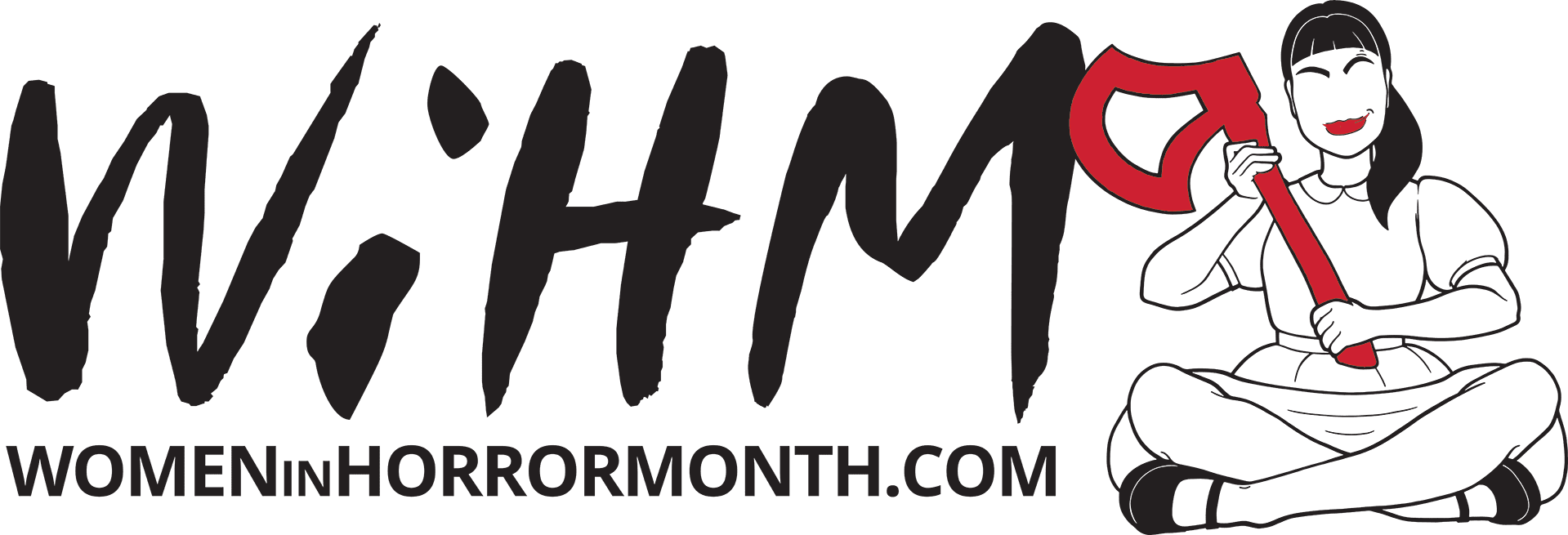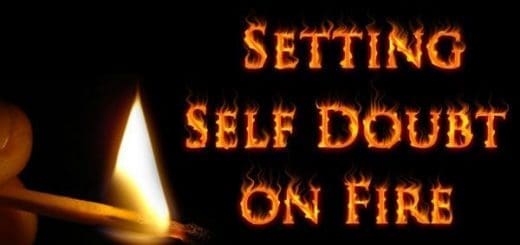WIHM: “What Kind Of Romance Story Do You Write?”

When I say I’m a writer, the typical question I get is “What kind of Romance story do you like to write?”
When I tell them I write horror the looks I get range from incredulous to horrified.
Even my family members have told me they hate the fact I prefer writing horror to any other genre. They would love to see me write a romance or even a crime-filled story as long as there was a romantic undertone to it. Whether it’s because I am female, or romance is less embarrassing, I can’t say.
When a male writer talks about murdering someone with an ax or throwing them into a hole and burying them alive, it is met without a blink of an eye, as if it were a common occurrence. If the same thing was said by a woman, all bets would be off. It’s as if because that we are women, we are generally thought of as nurturing and loving. We shouldn’t be able to see the dark side of things.
Writing, in general, isn’t an easy field. Those of us who are drawn to it are well aware of the drawbacks as well as all the positive. We know this constant struggle, but we keep going because we love it. The research a writer does in order to make their work authentic is insane. A woman writer has to work twice as hard. If she has one single fact incorrect, someone will comment “It’s written by a woman, what else did you expect?”
Women horror writers have taken some drastic steps to get their work out into the world for people to enjoy. Some use initials to disguise their apparent feminine names. Others go as far as using pen names, or fictional names.
In 1818, Mary Shelley published Frankenstein. She combined horror and science with amazing agility creating a new label which would be, and is, called science fiction. In order to publish her book, she had to use her husband’s name. If she used her own, it would not have been published at all.
Even Anne Rice, whose name and various works are well respected, had mixed reviews when she published “Interview with a Vampire” in 1980. After establishing herself as a horror writer, she had to use the pen name, A.N. Roqulaure, to write her erotic stories which were a far cry from her normal work.
From 1818 and 1980, 162 years have passed, but there is still a tangible barrier and bias against women horror writers. In the last few decades, strides were made and women became horror writers. The struggles and barriers need to change and I only hope the prejudice, which still exists in the same tone as Mary Shelley faced, ends someday, if not today.
Kim Plasket
Kim Plasket is a Jersey girl at heart relocated to sunny Florida. She enjoys writing mainly horror and paranormal stories and lives with her husband and 2 kids. When she is not slaving away at her day job, she can be found drinking coffee with fellow author Valerie Willis and planning the demise of some poor character. Currently she has several short stories featured in anthologies such as ‘Demonic Wildlife’ and ‘The Hunted’, also has a story in an Anthology Titled Fireflies and Fairy dust with more to come.
You can follow her work on Amazon.
- About the Author
- Latest Posts
The Horror Tree is a resource for horror authors which was created in 2011. The main goal when starting the site was to include all of the latest horror anthologies and publishers that are taking paying submissions. A resource useful for both new and experienced publishers alike looking for an outlet for their written material!













Well said! the struggle for female horror writers to be taken as seriously as male horror writers is still ongoing today.